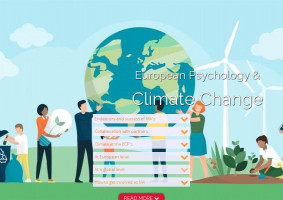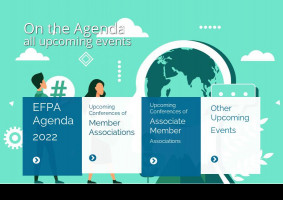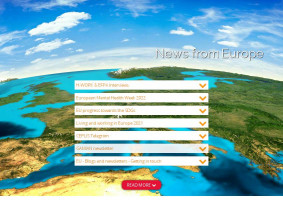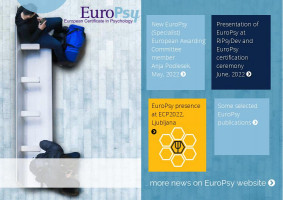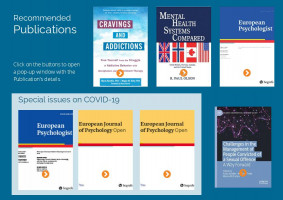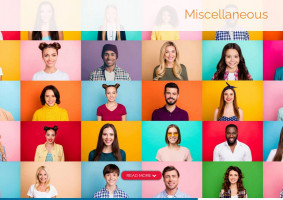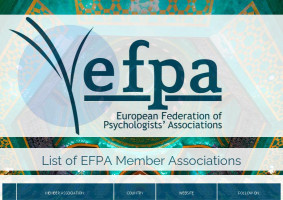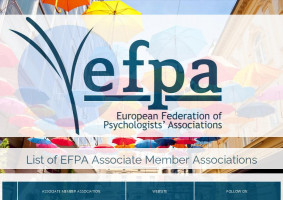READ MORE
-
WHO launches World Mental Health Report
Edited by Eleni Karayianni, EFPA Executive Council Member
June 17, 2022
“Transforming mental health for all”
1 in 8 people globally live with a mental disorder. WHO report highlights the urgent need to transform mental health care!
This new report is the most significant review of its kind since the previous WHO landmark report some twenty years ago in 2001. It is a blueprint for transforming mental health issues globally. While it recognizes the major impact of the Covid-19 pandemic on the increasing numbers, the report clearly states that even before the pandemic, the number of people living with a mental disorder was nearly a billion, including 14% of the world’s adolescents.
Read more - fold out
The online launch event gave the opportunity for people worldwide to hear first-hand information not only from WHO officials, but also politicians who are allies in their efforts for transforming mental healthcare in their countries, as well as people with lived experiences. Specifically, HE Mr Alberto Fernandez, the President of Argentina, HE Ms Ruth Williams Khama, the first lady of Botswana, Ms Anne Beathe Tvinnereim, Norway’s Minister of International Development, and Mr Andrew Little, New Zealand’s Minister of Health spoke of the efforts at a national level to implement initiatives, adopting a human-rights approach to mental healthcare, to reducing the stigma and addressing other factors contributing to restricted access to services, as well as the need for governments to invest in efforts. The UN Secretary General, Mr Antonio Guterres, noted the lack of access to services due to financial or access limitations. He indicated that mental health issues cost 1 trillion USD per year and that mental health remains the most neglected area of health in most countries.
The last point is especially important as the WHO Director-General, Dr Tedros Adhanom Ghebreyesus, stated that countries spend around 2% only of their budget on mental health, while some have as few as 2 mental health workers for every two thousand people. This is in direct contrast to the fact that mental health issues contribute greatly to the global burden of health. Both Dr Tedros, and Dr Dévora Kestel, WHO Director of Mental Health and Substance Abuse under whose overall direction the report was prepared, identified that 20 years after that initial report and its recommendations, the recommendations made then are still valid today, yet progress has been made.
The main focus of the current report were identified as: 1) Stepping up investments in services, putting in place evidence-based services, and including all aspects of society to reduce stigma and discrimination; 2) Reshaping environments that shape mental health – address violence, abuse, neglect, improve childhood development and tackle suicide globally; and 3) Developing mental health services by building community-based services, integrating them in community health services and moving away from institutionalization. The report highlights the substantive benefits for individuals, communities, and countries everywhere by investing in mental health.
People with lived experiences from Colombia, China, India, and the UK emphasized the need to normalize mental health conditions and to humanize the experience. Their main message: “Nothing about us without us!” Especially when it comes to youth, the need to empower youth voices and inclusion in all stages of action planning was noted as imperative.
When asked about how to best use the report, Dr Kestel stated that people working at country level to make a chance and to facilitate change can use it as a tool to increase interest, awareness, and to involve many actors wanting to do different things in countries. WHO believe this report should help these actors in these actions. Therein are contained many examples, scientific references, and contact information enabling stakeholders to reach out to those who have implemented best practices and to explore ways of moving forward in their own country. In addition, she emphasized the need for more concrete actions by policy makers, and the report should facilitate information sharing in order to make the action take place. Lastly, she noted that serious commitment to make things happen is as important, if not more, than having the resources in some occasions.
The full report is available here and an executive summary here.
Other WHO resources shared during the launch event include:
- WHO Special Initiative for Mental Health
- WHO mental health resources: Mental health (who.int)
- WHO Quality Rights e-training on mental health: Mental Health and Substance Use (who.int)
- News: WHO report highlights global shortfall in investment in mental health
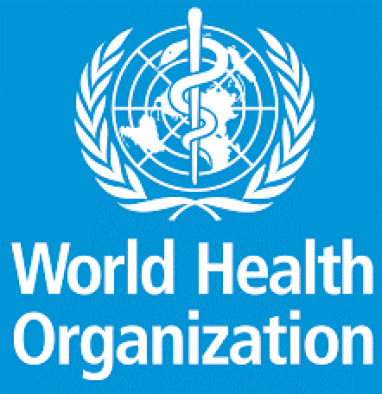
_w358_h232_1.png)
Introduction to BPS guidance on Community psychology by Nicholas Carr, Convenor of EFPA SC on Community Psychology
June 11, 2022
.
The First Lady of Ukraine speaks at the 75th World Health Assembly
May 25, 2022
Ukraine is one of the countries selected for the WHO Special Initiative for Mental Health. The First Lady of Ukraine, Olena Zelenska, spoke at the 75th World Health Assembly about the importance of providing Mental Health support to war survivors. We need health for peace & peace for health.

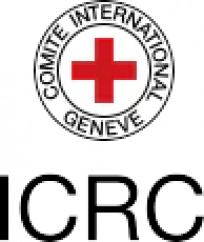
Clinical Psychologist
(Ideally Russian or Arabic speaking): to support people affected by armed conflict and other situations of violence, assignment durations around 12 months.
Check vacancy and apply here
Staff Mental Health and Psychosocial Delegate
(Ideally French or Arabic speaking): to support ICRC staff, assignment durations around 6-18 months depending on the profile.
Check vacancy and apply here
-
International Committee of the Red Cross ICRC Mental health and psychosocial support during armed conflicts, natural disasters and other emergencies.
Armed conflicts, natural disasters and other emergencies have an impact on mental health and psychosocial wellbeing. The ICRC's mental health and psychosocial support projects respond to the needs of different groups affected by armed conflict and other situations of violence: from detainees who have endured ill-treatment to survivors of sexual violence, families of missing people , people who lose a limb in war, and those forced to flee their homes and start over in a community or country that is not their own.
Read more - fold out
In many contexts, mental health and psychosocial needs are not well understood and as a result, people can face rejection, discrimination and stigmatisation. This makes it difficult for them to get the assistance they need and leaves them vulnerable to ill-treatment.
"The mental health and psychosocial needs of people caught up in conflict must be a part of the growing attention given to mental health around the world. When not addressed, these needs have a far-reaching and long-term impact on people, their families, their communities, and on the whole society."
Robert Mardini, ICRC General DirectorThe ICRC aims to reduce this gap by building local capacities, with a view to stabilising and improving the mental health and psychosocial well-being of individuals and communities. In 2020, the ICRC ran over 230 mental health and psychosocial support projects worldwide, reaching more than 554,000 beneficiaries globally.

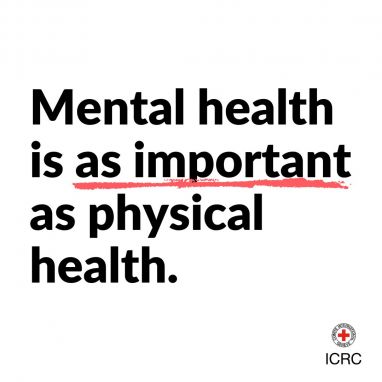
_w1700_h498_1.png)
Share your news
with EFPA Members?
news@efpa.eu
(1)_w1700_h406_1.png)




